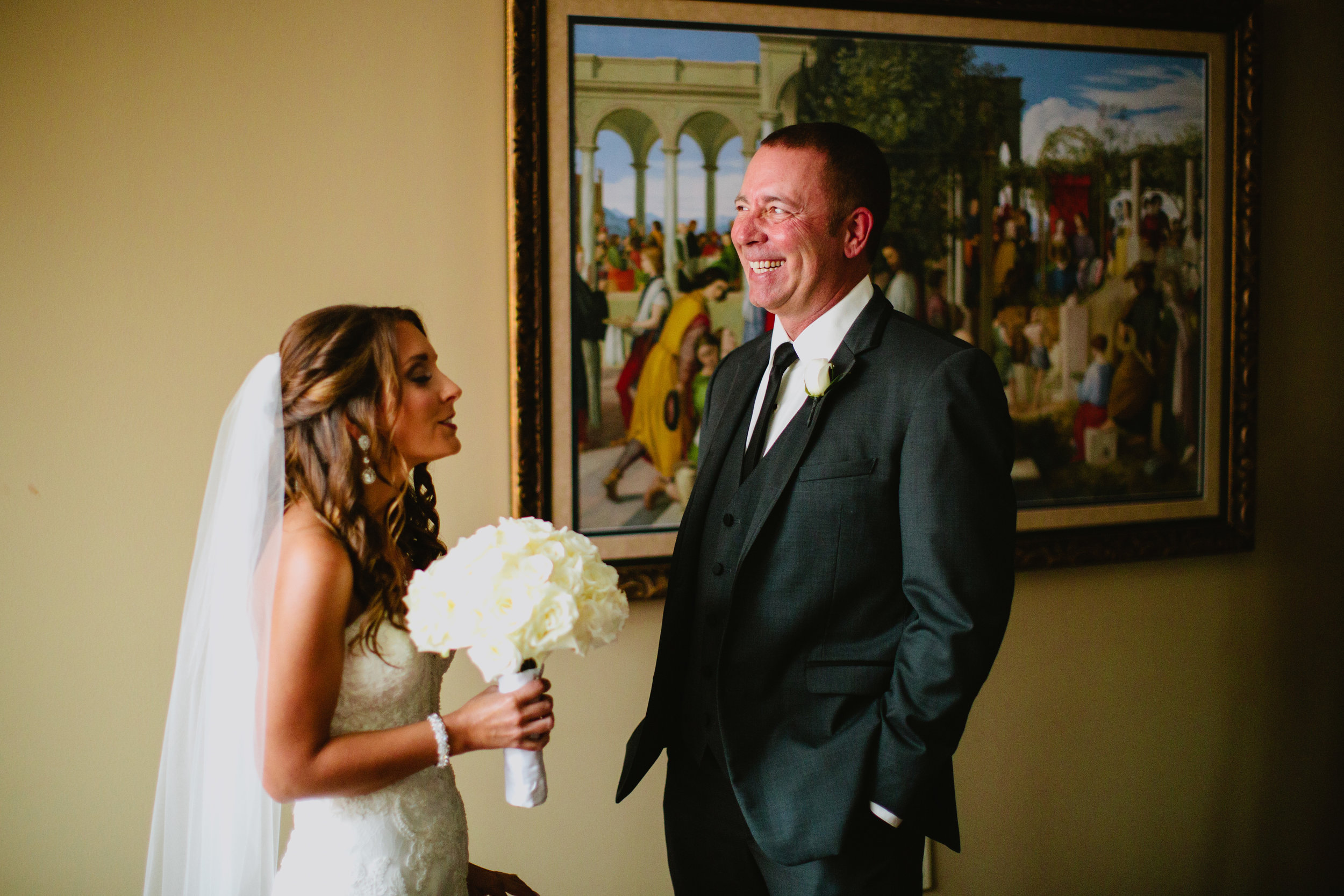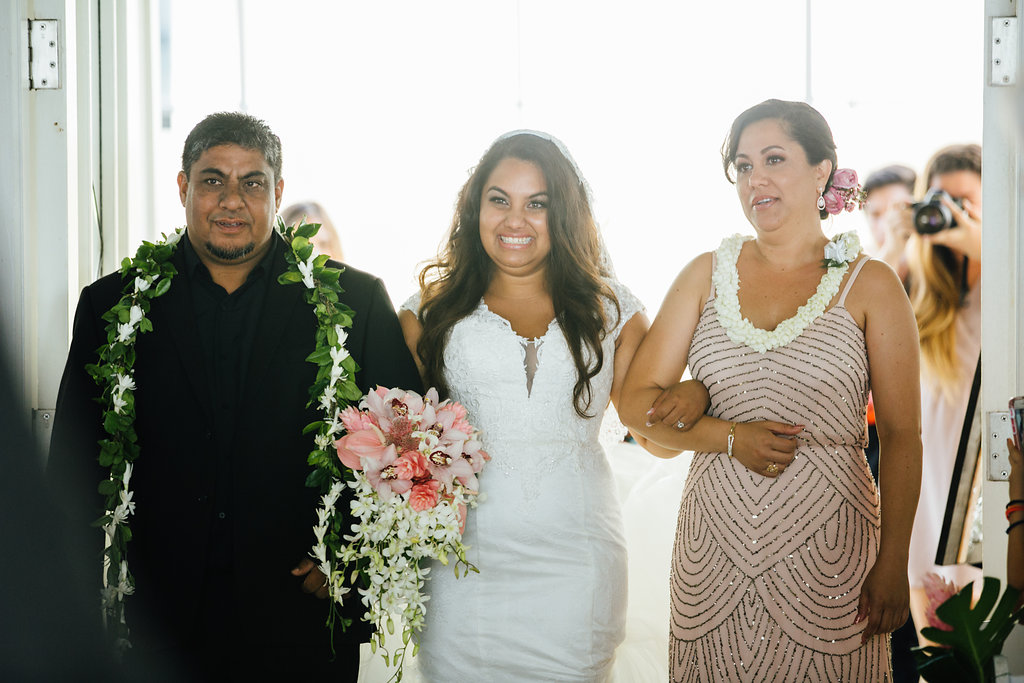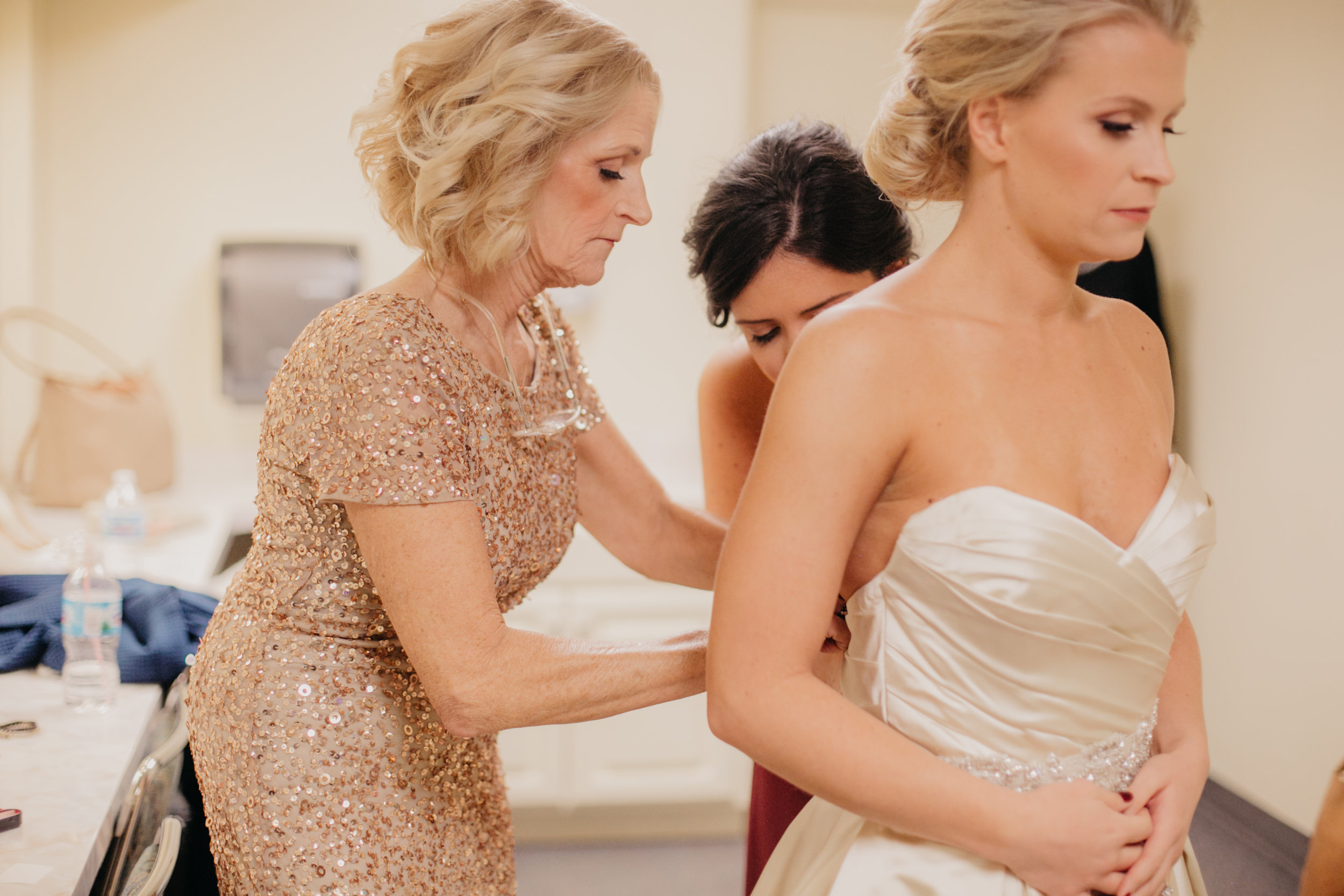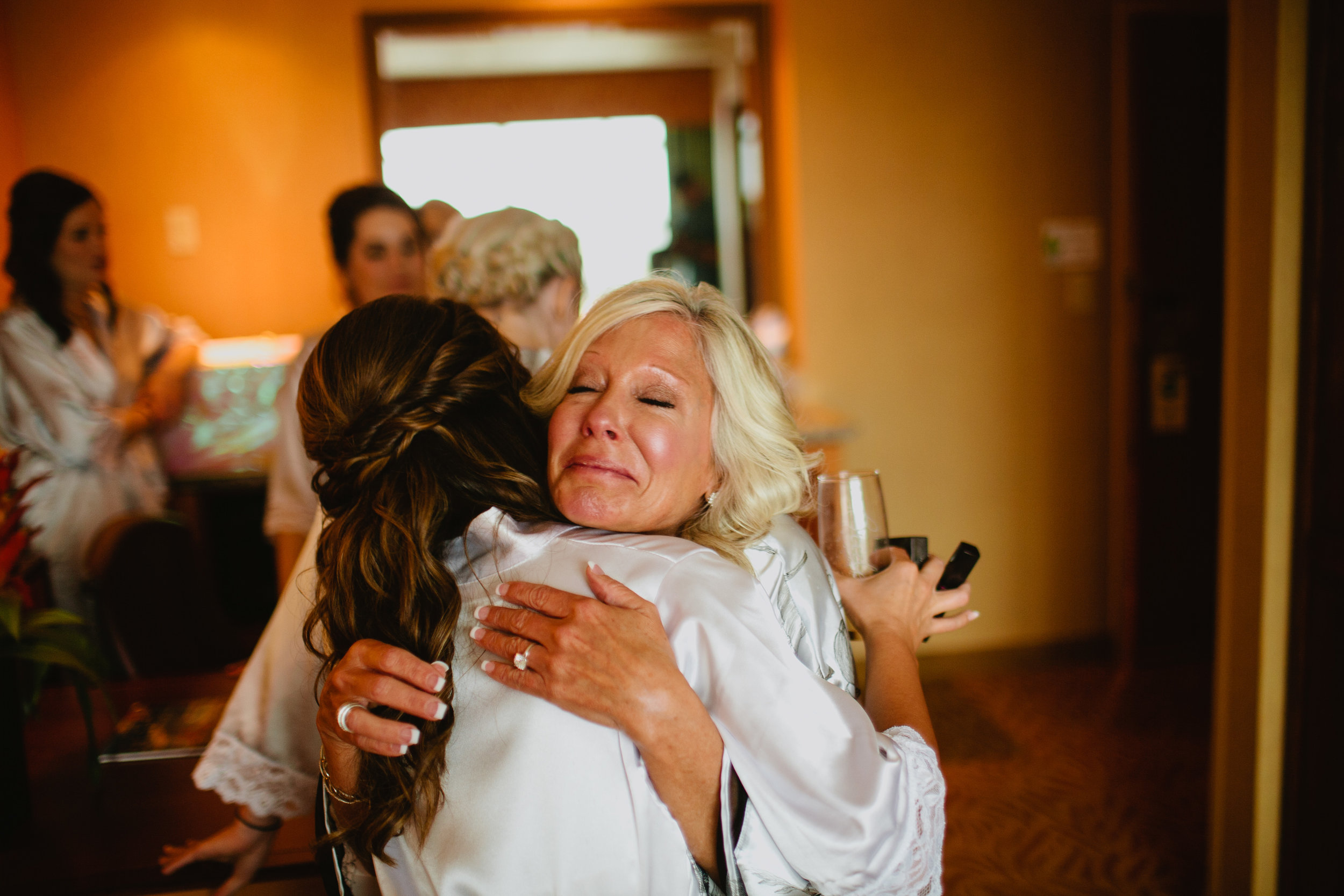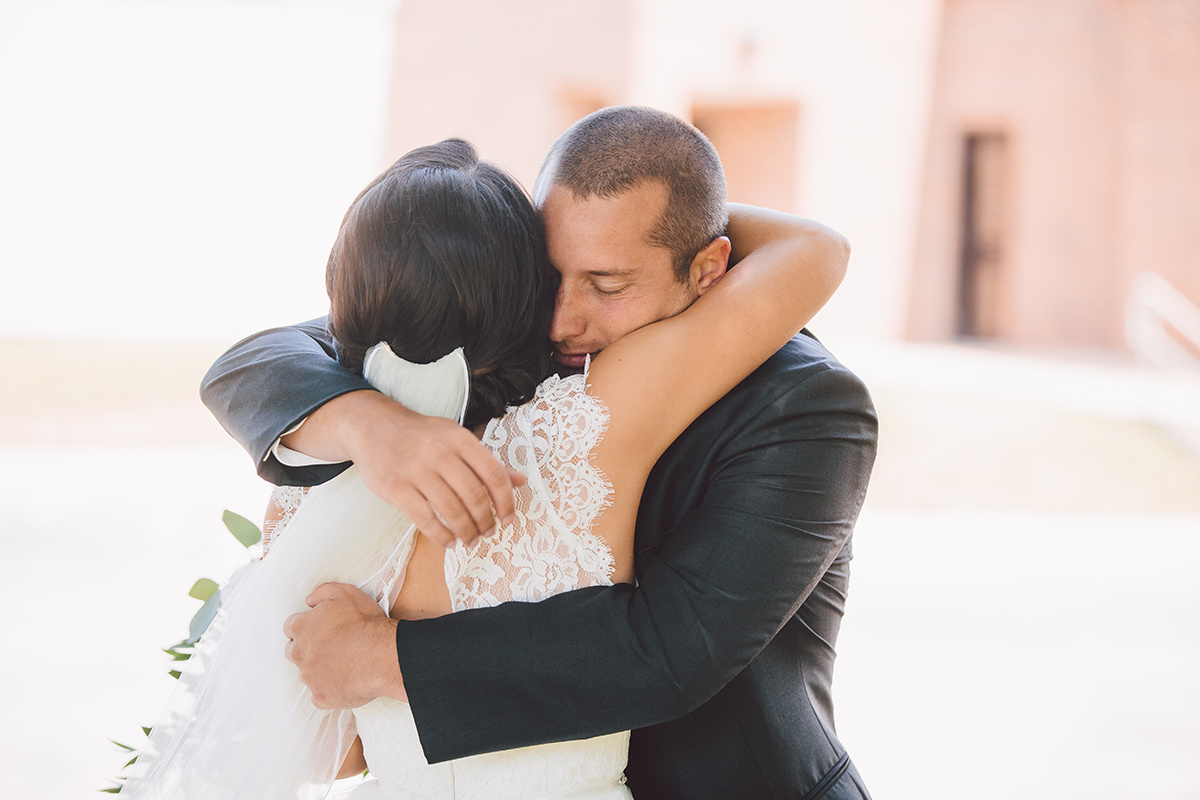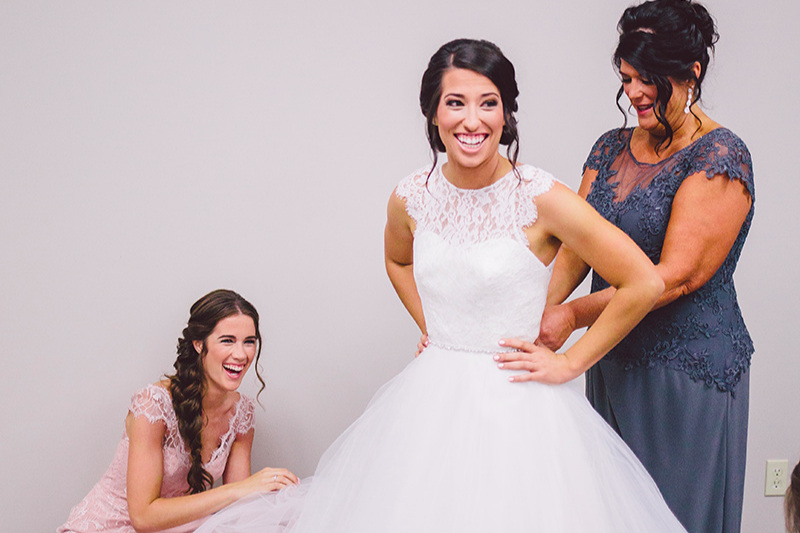Who Pays for the Wedding? An Exercise in Modern Society and Diplomacy
/It happens time and time again. As the wedding expenses start adding up, families feel the stress of paying for a wedding. It used to be so cut and dry; the bride’s family pays for a wedding, period. And, according to some traditional etiquette experts, this hasn’t changed no matter how much society has changed.
So, if you want the formal, non-flexible/traditional answer, it is still: the bride’s family pays for the wedding. However, I strongly feel that there is a grey area to this answer in the 21st century. A woman’s family is no longer giving dowry’s when she marries, and not all couples are heterosexual. And, with the average of marriage creeping up towards 27-29 years old, many couples want the autonomy of paying for their own nuptials. If mom and dad don’t contribute, they can have the day THEY want and not what the parents want. So, where does this leave us? Below is a more modern guideline to who may choose to contribute and to what they may contribute toward.
If we take the rules of etiquette as the law, the truth of the question, “Who pays for the wedding?” really takes root with the concept of, “What can, and should a groom’s family pay for?” Here is my answer:
Groom’s Family
Officiant fees. Priest, pastor, justice of the peace, they should be paid for by the groom’s family. This includes any special gift or tip that can be given.
Bonus: Payment of the ceremony venue and/or staff, if there is any fee. This can include a facility fee for a church, sound person or custodian.
Personal flowers. This includes the bridal bouquet, bridesmaids’ flowers, boutonnieres and corsages.
Bonus: All wedding flowers including ceremony and reception arrangements and centerpieces.
Reception bar tab. This can be in the form of beer and wine or a full hosted bar including cocktails.
Bonus: Wine service with dinner
Rehearsal dinner. This would include invitations (we recommend a paper invite), meal, beverage and décor. It should be noted, that it is appropriate to invite ALL guests who are traveling to the wedding to this dinner. It is the proper way to host guests who have traveled so far to share in your joy.
Groomsmen meal. A light lunch prior to the ceremony to ensure blood sugars are kept level.
SUPER BONUS: Travel and accommodations for male attendants, assuming this was a desire of the family.
As a mom of two boys, when the time comes, I want to be able to contribute to their special day. I know I will be happy when they find love and to be able to contribute financially to such a special day would mean the world to me. It would allow me to show support for their future family, as well as, be an active participant throughout the process. I realize their partner’s family may not want my contribution; however, I will plan to offer, and I won’t be offended it if is declined. But, at a minimum, an offer will be made. Believe it or not, I was approached by a Mother-of-the Groom at a wedding who was livid she was never asked for a single penny. She desperately wanted to contribute and felt she had been left out of her son’s future because she wasn’t given even the slightest opportunity.
Is there a way to intercept this interaction? Any way to politely suggest the groom’s family pay for something? My answer is yes and no. Yes, there is a way this information can be discussed in a positive, enriching conversation. And, no, we can’t directly ask them to contribute. How does this work? Simple, the groom must have a private conversation with his family. And it should go something like this:
Mom/Dad, I am getting married. Many modern weddings include financial contributions from the groom’s family as they wish to participate and show support for the couple. I would like to know if you have a desire to contribute financially and if so, how would you like to help. If not, that is perfectly fine. I just want to make sure to give you the opportunity to say “yes or no” rather than just assume it is one way or the other.
By talking with his family in this way, he offers them an opportunity to decline in a private setting. No judgement is passed, it is just their family. Now, is this the easiest conversation to have? Judging by my experience, it isn’t. However, difficult conversations are part of life. It is a good step towards proving you can handle a marriage and all the diplomacy that comes with merging two families. Trust me, a marriage doesn’t stop with this conversation. There will be discussions about where holidays are spent, where grandchildren (dogs) will live, how presents are divided up in the family gift pool. It only gets more complicated from here on out. Now is a fantastic time to set a positive tone of open and honest communication with your families.
Best wishes and have fun with this process. Remember, this is supposed to be the most memorable time of your life!



